Yesterday, as her casket was lowered into the grave and I performed the ashes-for-ashes ritual, my emotions ran riot. You can’t blame me: a bulky chapter of my life was being buried. My grandmother, Mrs Deborah Malomo Omolere Oludoyi, known variously as “Iya Kola”, “Iya Abayomi”, “Iya Idowu” and “Iya Ibeji” (but “Momo” to me), was my all-in-all in my childhood and teenage years. She was my father and mother rolled into one. She was my mentor, my philosopher, my role model. She was always cheerful. In the 1960s and 70s, her smiles earned her the moniker “Iya Eleyin Funfun” (the woman with the white teeth) in Yagbaland, where she hawked textile.
My father — her first born — died in an accident when I was just four. Mama, who saw me as the replacement, immediately took me to the village. She did everything in the world to spoil me. She never raised her hand against me, not even once. In me she saw a new “Kola” who would wipe away her tears and make her forget her loss, her pain, her hurt. Mama drew her last breath in the evening of July 26, 2016 in Kaduna, where she spent the last years of her life. Various accounts put her age between 90 and 97. Whatever, she remains an ageless figure in my life. Kindly indulge me to share with you some things she taught me in my formative years.
‘Correction is good for you’
As a little boy, I did something wrong one day and she chided me. I began to throw tantrums. After the drama, she pulled me into the room and told me a story. “When I was little, my mother withdrew me from school because a teacher beat me. She said she didn’t want anybody to kill her only child. My mother had eight children before me and all of them died. I was the first to survive (her younger sister would later survive). She thought she was helping me when she pulled me out of school, and I was very happy. Little did I know she was ruining my future. So when I correct you, be a good boy and take corrections. It is for your own good.”
Advertisement
‘Never too late to learn’
Mama used to tell me on a regular basis: “Mio mo we, sugbon mo mo way.” The rhyme had reason: “I may be unschooled, but I am not unintelligent.” Actually, she started learning writing around the age of 50, having spent the whole of her young life working day and night to fend for her eight children. She attended an adult education school. She was able to read Yoruba very well, but writing remained a challenge — perhaps it was a wee bit late co-ordinating her fingers to hold a pen. She would spend hours just to write “D Olu”, which she considered to be her signature. She read Yoruba devotionals every morning and recited the Bible excellently.
‘Don’t ever forget your mum’
Advertisement
Even though I saw Mama as my mother, she kept reminding me I had a biological mother. After my father’s death, my mum had relocated to Zaria with two of my younger ones and started working at ABU Teaching Hospital. I was in primary one when I penned my first letter in life — at the prompting of my grandma who urged me to communicate with my mum. I wrote in Yoruba. For the fun of it, I asked my mum to buy Big Omo detergent for me (I didn’t need it). She did! My scribble made sense! My grandma was so proud of me. She let everybody know her grandson could now write letters. My reward? Writing letters for her and her friends till I finished secondary school!
‘Muritala is the best’
I was a kid when Gen. Murtala Muhammed, former head of state, was killed in a failed military coup in 1976. Up till the point of her death, Mama believed Murtala (whom she called Muritala) was the best head of state or president ever. I asked her one day, while I was still in primary school, why she held that opinion. “During the time of Muritala,” she said, “we had food to eat. Rice was everywhere and it was affordable to the poor.” This is a basic lesson in leadership: although Murtala fought corruption, his real achievement, as far as Mama was concerned, was food on the table for the masses. (I hope President Muhammadu Buhari gets the hint.)
‘You sell as you buy’
Advertisement
Mama was an Awolowo devotee from the 1950s. She brought me to Lagos on holiday in 1983 when the presidential election was held. As soon as she heard the results, she told me: “Won ti ring (rig) ibo yi!” The election was rigged! I believed her. I furiously tore four pages from my exercise book and started writing “editorials” criticising President Shehu Shagari and NPN for “ringing” the election. She was happy when Buhari later seized power in a bloodless coup, but soon regretted it when soldiers started forcing market women to sell at “control price”. Mama told me: “This is unfair. It is as I buy that I sell. I can’t buy something at 80 kobo and sell it for 50 kobo.”
‘Never laugh at deformity’
As kids, we were not intelligent enough to understand that the man walking with a limp or the woman making inaudible sound did not choose that as their lot. Some were born disabled and others became disabled in the course of life. To us, we could not be bothered, neither could we feel any sympathy. Mama used to warn me not to make fun of disabled people. “The man that is walking with a limp today was probably born without disability,” she would say. “Some people get disabled as a result of accidents, so that means it can happen to anyone. Do not laugh at anyone’s disability.” This is a sacred instruction I’ve never joked with.
‘Nigeria is God’s idea’
Advertisement
Having lived in Lagos (where she had my dad) in the 1940s to 50s and travelled to many cities, Mama believed Nigeria was created by God “because the ethnic groups complement one another”. To prove her point, she would say when tomato is out of season in the north, it is due for harvest in the south. She described the Hausa-Fulani as “honest and simple people”. She said the Igbo are talented and hardworking. “They sacrifice personal comfort to build their businesses and can survive under the toughest conditions,” she said. Yet, she insisted I must marry from our village for “smooth in-law relations”. Sorry, Grandma, I disobeyed you on this and we’re doing just fine.
‘Se b’otimo kiite’
Advertisement
Mama was the most generous soul I’ve ever known. So generous she would not eat an egg alone. She must offer you part of it — and you must eat! I rank her generosity as unmatchable because she sweated for her money. It is easier to be generous with free money. She specialised in sponsoring other people’s kids to school. It was after her death that I discovered some people were not related to us by blood. She only took them under care and paid for their education or training. And she was such a humble woman. She always told me to live modestly. She would say: “Se b’otimo kiite.” Roughly translated, it means: “Live within your means and you’ll never be disgraced.”
‘Have a heart for God’
Advertisement
Growing up, I hated going to church. It was dead boring. We would go early morning, attend Sunday School and sing like one thousand hymns during service. We were Baptists: no service was complete without the hymn “Af’ope f’Olorun” (Now Thank We All Our God). After service, she would attend long meetings. I was the one carrying her “apamo” (handbag). I only looked forward to the pounded yam at those meetings. When I complained about the long Sundays, she said: “Your father died in the service of God. You must have a heart for God.” Although I never smoked, drank or womanised, I still never started going to church voluntarily until my national youth service in 1992!
‘Welcome home, my son’
Advertisement
In 1984, Mr. Richard Okoro, our vice-principal at ESSMO, was promoted and posted to Crowther Memorial College, Lokoja. Mama, for some strange reason, believed I needed a new life. She said I should go with him. I did and was instantly homesick. I spent exactly five days in Lokoja before packing my things from Mr. Okoro’s residence and running back home without his knowledge. I never heard from him again. (Please forgive me, Mr. Okoro, if you’re still alive and reading this). I expected Mama to be very angry with me. Apparently, she missed me as much as I missed her. She received me with open arms, saying: “Welcome home, my son.” She taught me unconditional love. I was in a pool of tears.
AND FOUR OTHER THINGS…
CHANGE BLUES
The hostile reception to President Buhari’s “Change Begins with Me” re-orientation campaign is, in my opinion, the clearest indication that the honeymoon is truly over. The real symbolism of Buhari is that of national rebirth and mobilisation of patriotic instincts — and if his campaign does not ignite positive reaction in Nigerians, then there is serious trouble. Many people think the launch could not have been more ill-timed, coming when Nigerians are groaning under economic hardship with no clear survival roadmap. If it is Buhari’s opponents that are on his case, that would be understandable. But even his erstwhile staunch supporters are battering him. Damaging.
AIRPORT ECLIPSE II
The third episode of Airport Eclipse Season 2 was recorded at the Murtala Muhammed International Airport, Lagos, on Monday September 12, 2016. It was spectacular. For hours, passengers groped in the dark. It was an opportunity for the romantics to have a candlelight, or torchlight, dinner. Every international passenger pays $50 as service charge to the Federal Airports Authority of Nigerian (FAAN), the MMIA landlords. With a conservative figure of 2000 passengers per day, that is a cool $100,000 daily — apparently not enough to buy a decent generator. Nigeria is indeed open for tourism business. We now eagerly await Airport Eclipse III. Jokers.
TURBULENT TIMES
Virtually every sector of the economy is facing hard times, but aviation must come in for special mention because of its critical role in business. Nigerian airlines are in a terrible place: high cost of doing business, shortage of forex to lease aircraft and settle obligations, shortage of fuel, and heavy indebtedness to banks, tax authorities, regulatory bodies and suppliers, and so on. Aviation is so central to modern economy that in some countries, airlines have had to enjoy government subsidies. The last time we did the aviation intervention fund to save the industry, the fat cats diverted the billions to other businesses. There is just no other country like Nigeria. Buccaneers.
HIGHWAY HELL
It is always a thing of joy when I see roads being constructed or rehabilitated. I was thus very happy when works on the Lagos-Ibadan expressway were restarted a few months ago. However, a good thing need not bring tears to the people. Because of the traffic bottleneck that comes with road works, armed robbers and muggers are taking full advantage of the situation. And, logically, you would expect the deployment of police in the area to protect motorists. One thing I have come to realise, though, is that you are more likely to see scores of police officers at roundabouts waiting to pounce on motorists who run red traffic lights. Pathetic.
1 comments

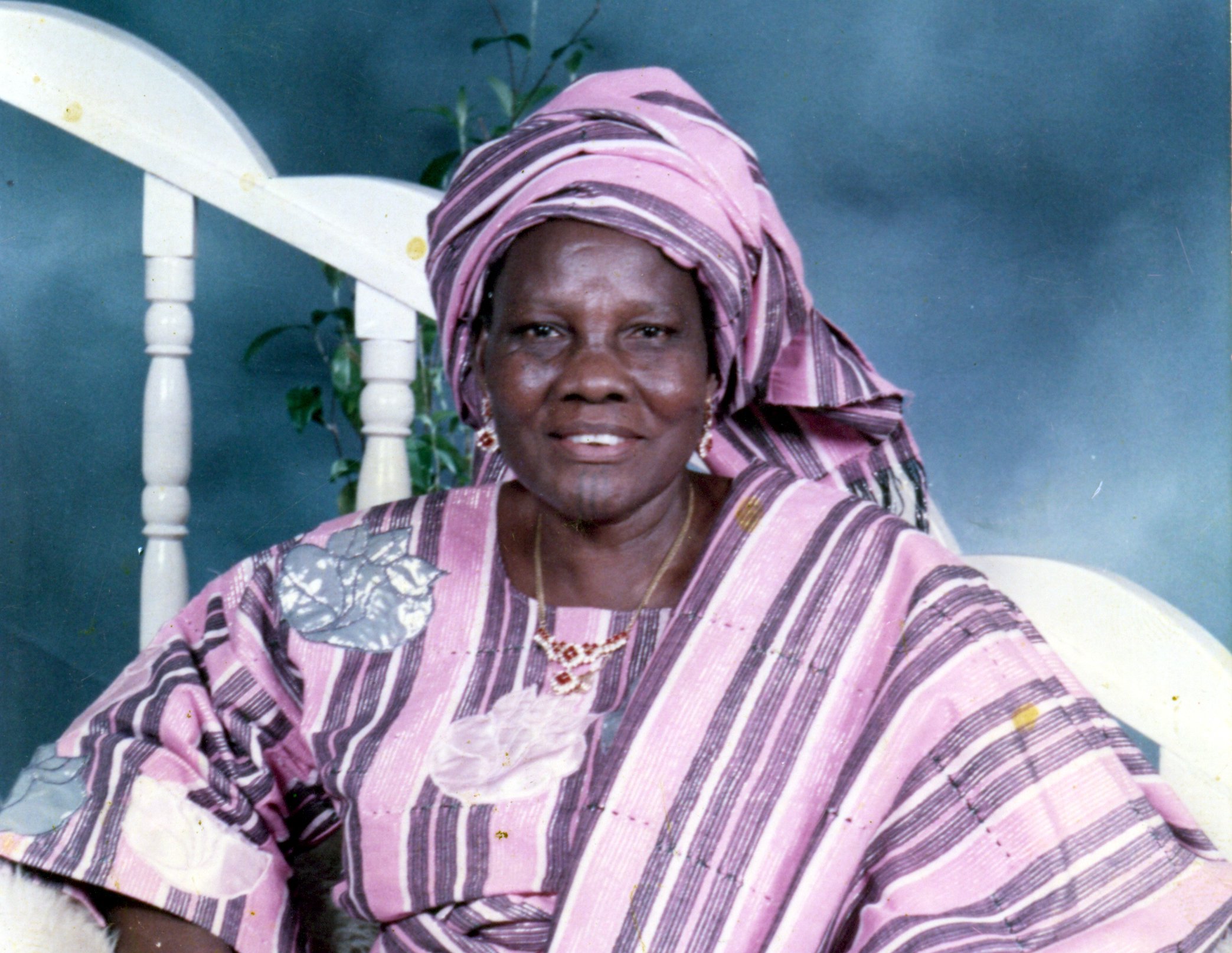
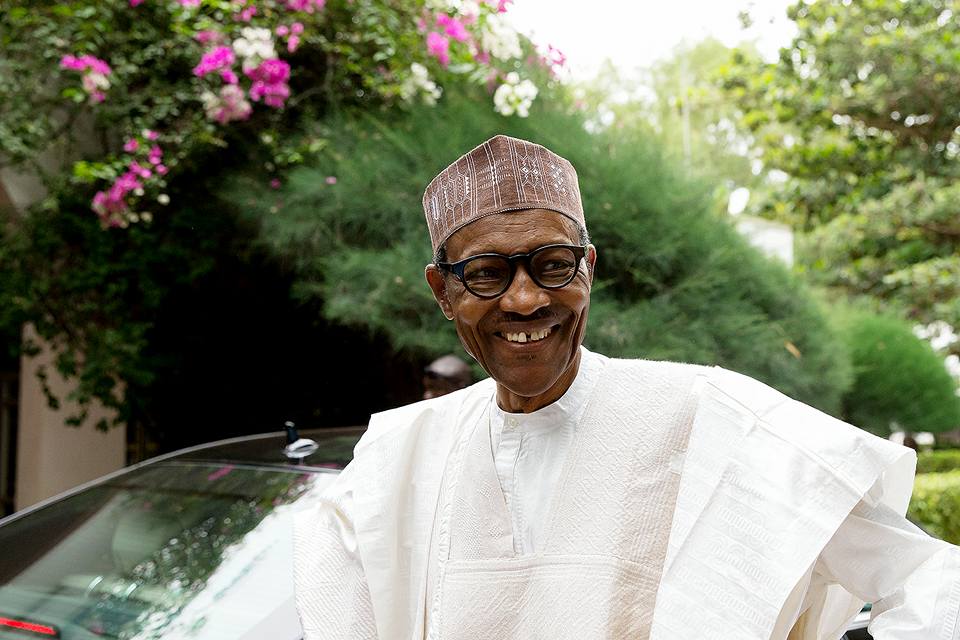

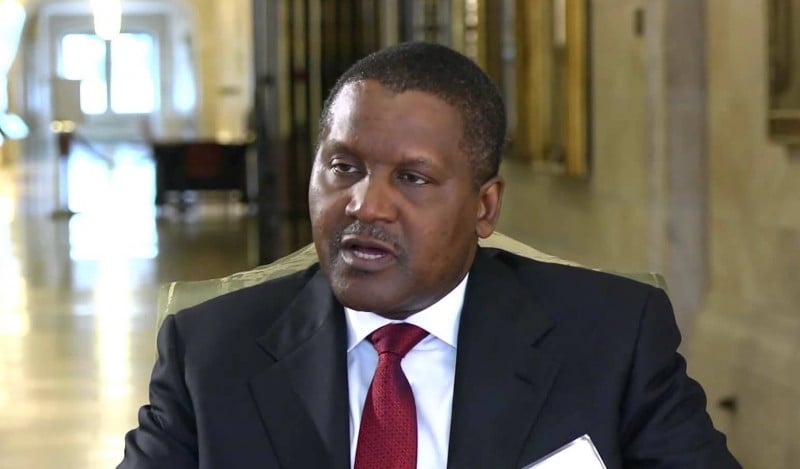
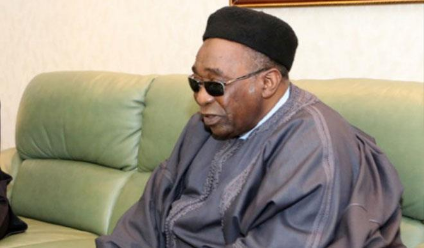

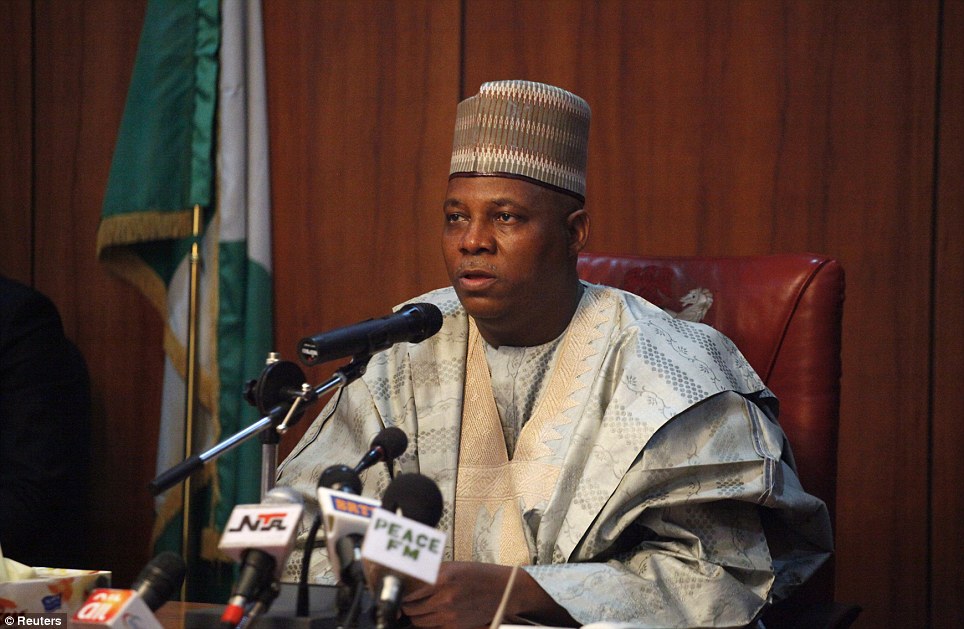
Momo RIP